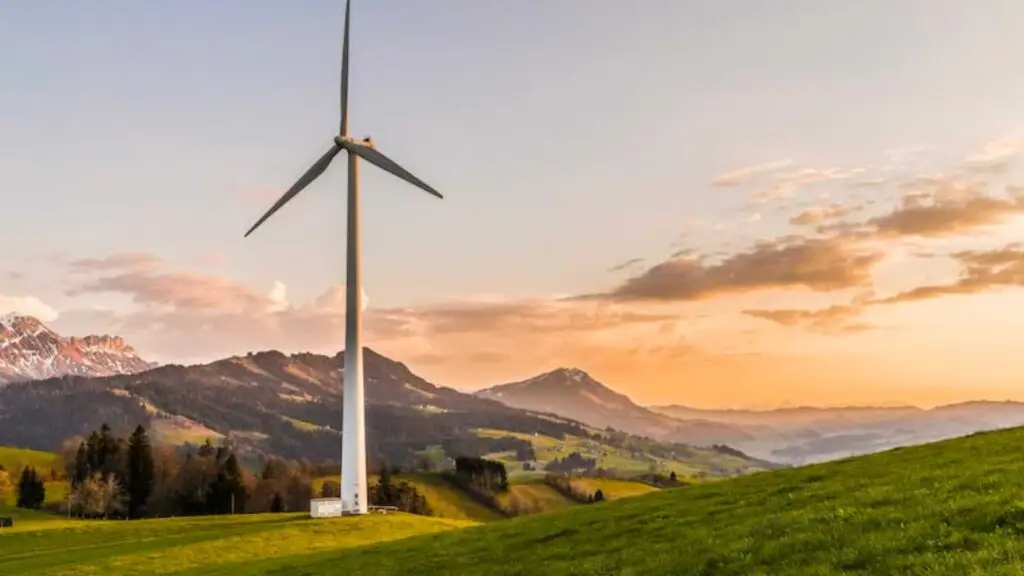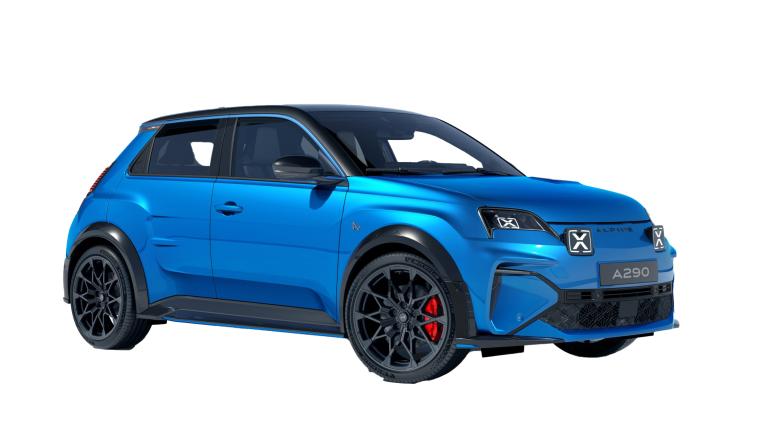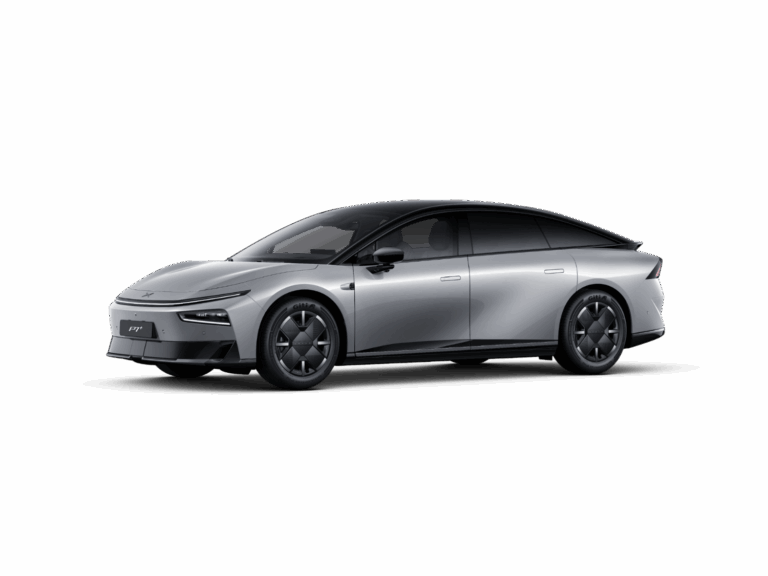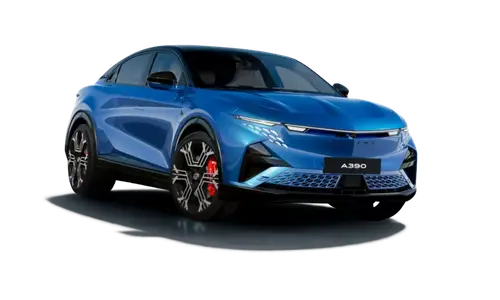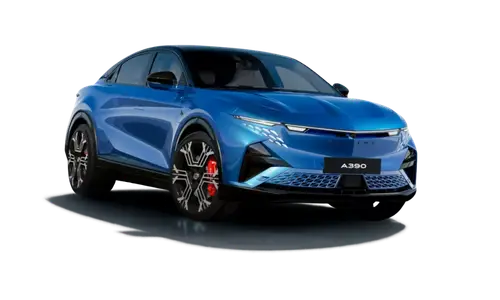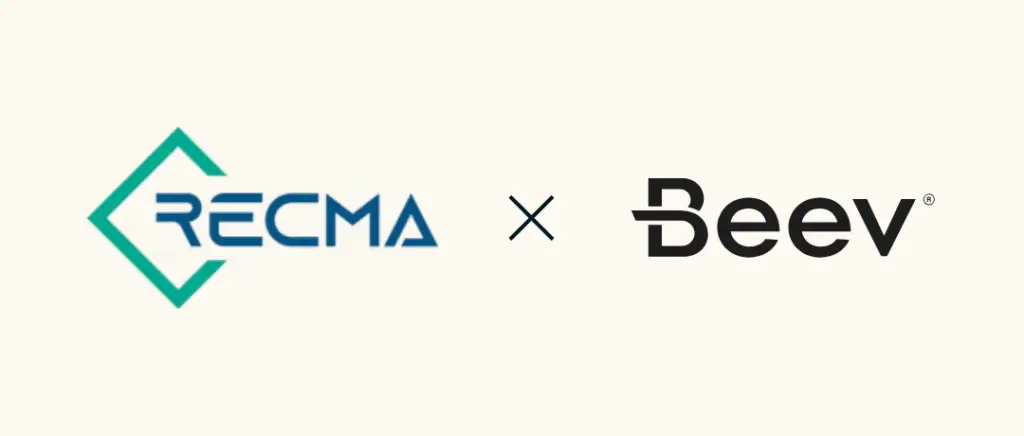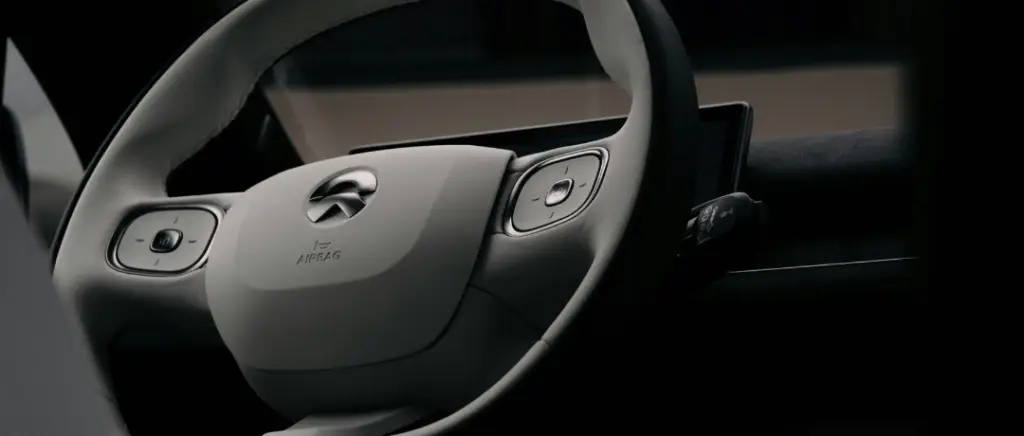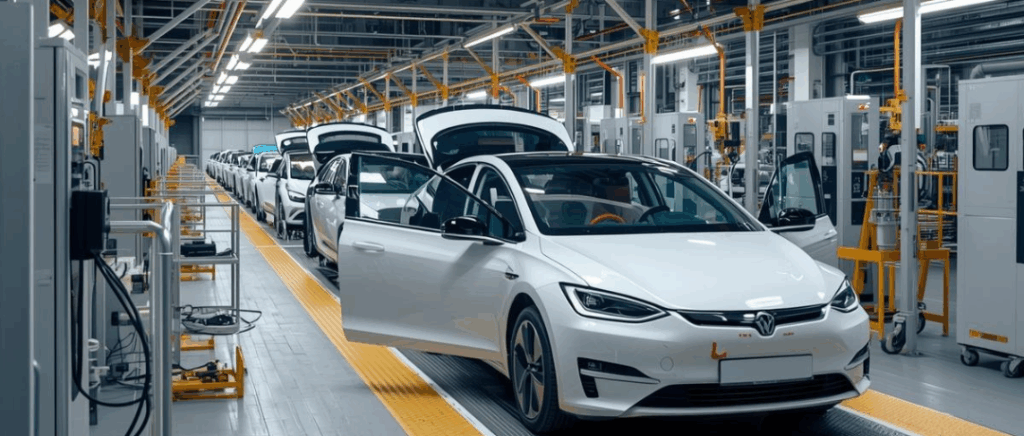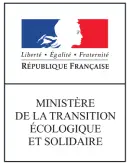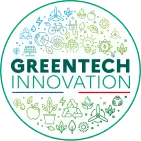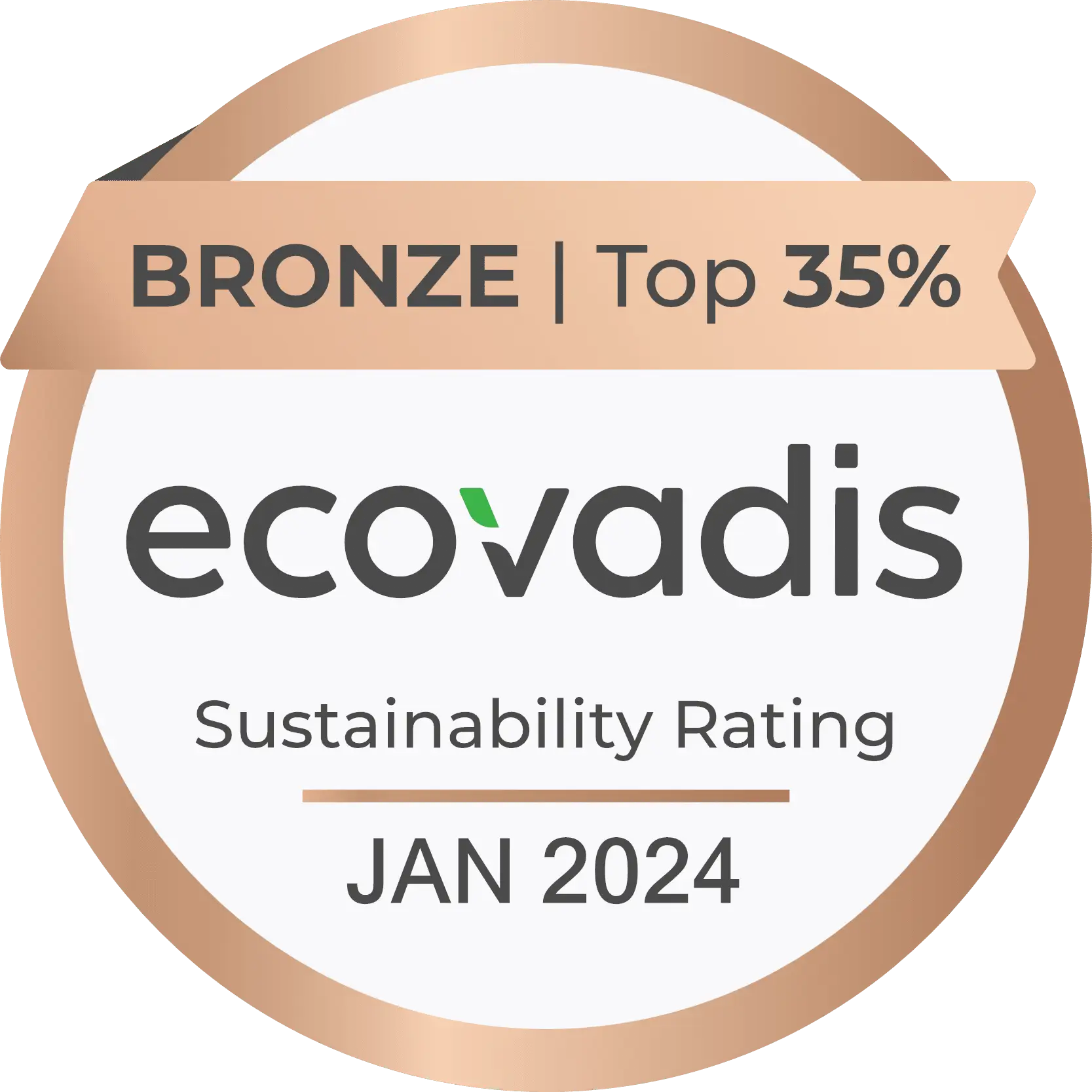Our experts answer your questions with a smile
Monday to Friday 9am - 12.30pm - 2pm - 7pm
What is renewable energy?
Energy is renewable when the energy source from which it is extracted :
- It renews itself naturally and continuously;
- Is clean for the environment. These energy sources produce little or no polluting emissions.
Renewable energies help to reduce greenhouse gases in the atmosphere. This energy is known as green energy.
Nuclear energy is considered clean because it causes little pollution, but uranium is a limited resource. Nuclear energy is therefore considered clean but non-renewable.
Renewable and non-renewable energies are distinguished by the source of production. Non-renewable energy is produced from fossil fuels, i.e. sources that are becoming increasingly rare. For example, uranium resources are expected to run out within 100 years. It is therefore important to quickly find other inexhaustible sources of energy.
For more information on renewable energies, you can find a number of guides online, providing detailed information on everything you need to know about green energy.
What are the sources of renewable energy?
The term renewable energy is used to describe inexhaustible and unlimited energy sources. They come from five energy sources: water, wind, sun, biomass and earth.
The following are therefore considered as renewable energiesthe energy produced by :
- Hydraulics Energy is generated by the force of water, using dams. However, we can't say that this energy is 100% green because it alters the ecosystems around the dams, so it has a negative impact on the environment. In terms of production, in France it is the leading source of renewable electricity and the second largest source of electricity production (12%). Internationally, it is the third largest source of electricity production;
- Wind power Wind power: thanks to the force of the wind, using wind turbines. However, some people talk about visual pollution. The objectives of the 2015 Energy Transition Act are for the wind energy sector to produce 40% of France's renewable energy by 2030. ;
- Solar energy energy: thanks to the power of the sun. There are two types of energy here. There's the production of electricity using photovoltaic panels, and the production of heat using thermal collectors;
- Biomass In France, solid biomass is mainly used to produce heat: by burning biological material or converting it into biofuels, or by extracting biomethane from organic waste. In France, solid biomass is mainly used to produce heat. It is the second largest source of renewable energy, accounting for 71% of primary wood energy consumption in 2017. Biofuels account for more than 10% of primary renewable energy production. Finally, biogas is growing rapidly, with a production target set at 10% for 2030;
- La geothermal Geothermal energy: by extracting the heat contained in the ground. Depending on the depth, geothermal energy can produce both heat and electricity. In France, it is mainly exploited in the form of heat.
Geothermal and biomass energy are the only two sources that are non-intermittent and therefore not dependent on weather conditions.
As far as the French market is concerned, the country has seen strong growth in these energies. This growth is partly due to the rapid development of biofuels, heat pumps and wind power. In 2017, renewable energy accounted for 16.3% of total energy consumption in France, compared with 9% in 2005. The target set by the government in its National Renewable Energy Action Plan is 32% by 2030 and 70% by 2050.
Is the energy I receive in my home directly renewable?
As a consumerHowever, it is impossible to receive energy directly from 100% green energy.
Take green electricity, for example. When it is fed into the grid, it mixes with other sources of electricity produced from non-renewable sources, and in France this is mainly nuclear. It is therefore impossible to differentiate between electricity from renewable sources and other sources when it reaches buildings.
When a customer chooses a supplier who sells green energyTo do this, we need to be able to provide proof. A system of guarantees of origin has therefore been introduced to enable consumers to know where the energy comes from. In practical terms, these guarantees of origin are official documents certifying that a quantity of electricity from renewable sources has been injected into the market in line with the consumption by its customers. This document proves to customers that even if they do not directly consume green energy, an equal quantity has been consumed in France. These renewable energy suppliers therefore provide their customers with proof of the origin of the various energies.
Which suppliers are really committed to the energy transition?
What's more, knowing the source of the energy is not enough to choose the right supplier. There are other factors to consider when making your choice.
In fact, you should know that there are two types of green suppliers :
- The suppliers-producers of energy from renewable sources ;
- The suppliers-buyers which can be divided into two sub-categories: purchases can be made from local producers or from producers in other EU countries.
So it's easy to find out where the energy comes from for suppliers who produce their own energy. However, when it comes to supplier-buyers, things get more complicated.
As far as guarantees of origin are concerned, suppliers of electricity can :
- The purchase of renewable energy with a guarantee of origin from the same energy. These are known as "premium" offers;
- The purchase of energy and, at the same time, the purchase of sufficient guarantees of origin to cover the consumption of the green offers they market. Here, the electricity purchased is not necessarily of renewable origin. Here, we are talking about "standard" offers. This approach has led some to talk of greenwashing (or greenwashing, is a marketing method that consists of communicating by playing on the ecological argument).
List of green energy suppliers who buy locally
Since competition was opened up in 2007, there have been many alternative suppliers. Many of them offer green products at varying prices. But, as we saw earlier, not all these offers are equally green.
To make things clearer, there are rankings of suppliers who buy locally and are committed to the energy transition. So, as a company or as an individual, you can sign up to a contract with a supplier who is genuinely committed.
Here are some French suppliers who buy their energy locally:
- Enercoop Electricity sales: purchases from private individuals, SMEs and local authorities. You can contact them to sell them electricity;
- Ilek wind and photovoltaic electricity producers with customers looking for clean energy produced close to home. The electricity is also local, so all you have to do is contact them to see if you are eligible for resale;
- Plüm Energie French green electricity purchased from independent producers at a price identical to the regulated tariff and also encourages consumers to consume less;
- Planète Oui Supporting the French in their self-consumption projects by guiding them through the various stages;
- Urban solar energy : 100% of energy supply is renewable. This supplier promotes the installation of photovoltaic systems on the roofs of major cities, thereby encouraging collective self-consumption.
- From small local suppliers like Électricité de Provence.
So there are many alternative suppliers who are prepared to work with local producers for a greener world. In addition to this list, there are other suppliers who are increasingly involved in the energy transition and are moving towards renewable energies.
These suppliers are ready to respond to all needs, offering tailored packages for both individual homes and business premises, as well as packages for electric car charging points. In this way, every consumer can find the green offer that's right for them, and contribute to the energy transition.
Conclusion
The challenge at the beginning of the 21st century is the energy transition. Everyone is working towards a global transition. Both incumbent and alternative energy suppliers are well aware of this, and many of them have embarked on a number of initiatives. an energy transition. They propose production or purchase and supply of green offerings. However, as demonstrated in this articleIn reality, these offers are more or less green.
What's more, in addition to supplying green energy, i.e. reselling the electricity produced, there is another solution: theself-consumption. This type of consumption relies mainly on solar energy, generated by photovoltaic panels, which is then used to power homes or vehicles. Some suppliers, as mentioned above, support private individuals in this environmentally-friendly project by explaining and taking the necessary steps.
Finally, some renewable energies can be produced directly by individuals, such as geothermal energy. All you need is support to change your heating system, and there is plenty of financial aid available. As a result, homeowners can save money on their bills and contribute to the energy transition.
